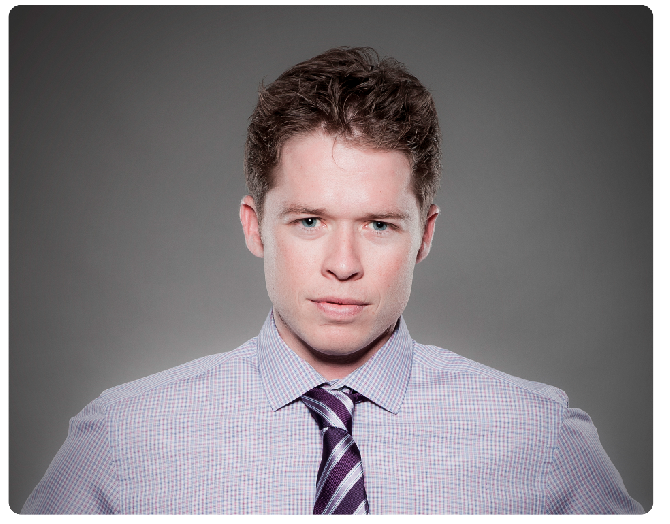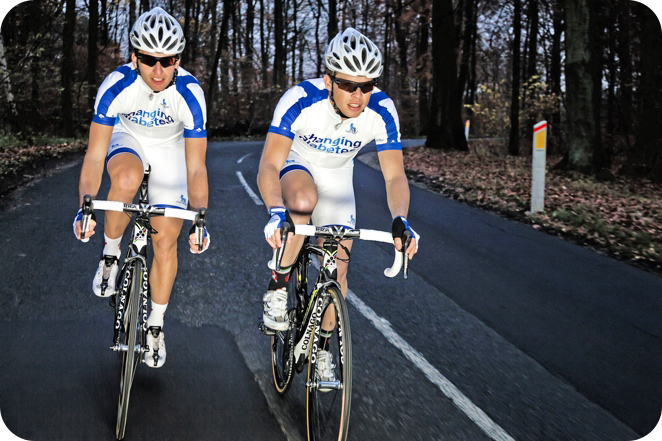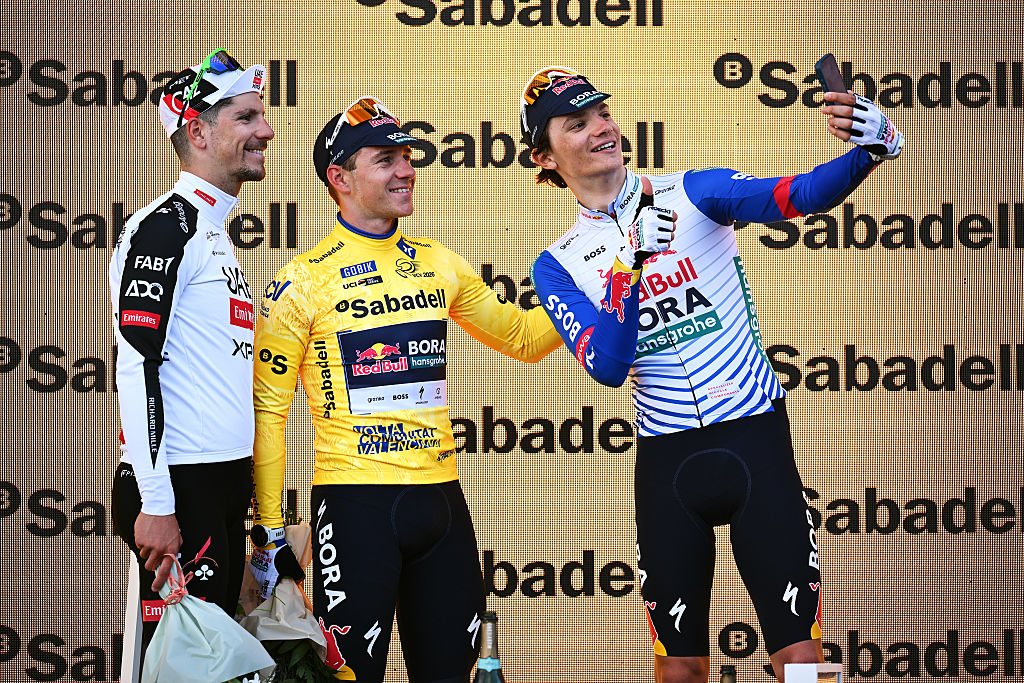First season review for Novo Nordisk owner Phil Southerland
All diabetic team aiming for TDF by 2021
The latest race content, interviews, features, reviews and expert buying guides, direct to your inbox!
You are now subscribed
Your newsletter sign-up was successful



With the first year completed in its experiment with an all-diabetic roster, Novo Nordisk owner Phil Southerland said the UCI Pro Continental team is satisfied with its current progress and place in the pro peloton.
"The team exceeded our expectations by far," said Southerland, who was diagnosed with type 1 diabetes when he was just seven months old. "I look to June when we decided to go in this direction last year wondering if we would be able to field a team, to training camp where the guys were wondering if they deserved to be in the professional peloton, to the first race, where again they were there and we got the nerves out of the way."
The team started in the Continental ranks in 2008 as Team Type 1, a squad that championed diabetes causes and had several diabetic riders on the roster, including Southerland, but also had non-diabetic riders such as Jesse Anthony, Chris Jones, Mike Creed, Ken Hanson and Shawn Milne. Team Type 1 moved to the Pro Continental ranks in 2011 when it picked up Sanofi, a pharmaceutical company, as a secondary sponsor.
The team competed as Team Type 1-Sanofi through the 2011 and 2012 seasons, wracking up 19 UCI wins in 2012 before gaining Novo Nordisk as a sponsor for the 2013 season and accepting a challenge from Jakob Riis, the company's executive vice president of marketing, to field an all-type 1 team.
The Danish pharmaceutical giant employs more than 35,000 people worldwide and is estimated to have brought in nearly $4 billion in profits during 2012 alone. The nearly century-old company is one of the world's largest manufacturers of diabetes care equipment and medications, and it founded the World Diabetes Foundation in 2002.
Southerland convinced Novo Nordisk that an international team of world-class bike racers with type 1 diabetes would be the perfect vehicle for the company's message about what is possible with properly managed care. Novo Nordisk committed for three years through 2015, with a longer-term vision that would put the team in the Tour de France in 2021, the 100th Anniversary of treating diabetes with insulin.
"Before that, if you had diabetes you died," Southerland said. "In 1921 that drug was invented and kept our people alive. All of our athletes rely on it to live. And we hope that we can celebrate the 100th year of its existence with the greatest global empowerment message for people with diabetes by competing in the Tour de France and all the other major races."
The latest race content, interviews, features, reviews and expert buying guides, direct to your inbox!
It's a long-term commitment that Southerland believes Novo Nordisk is up for.
"They've been in the diabetes world for 90 years now, and they really take a long-term approach to success," he said. "For them, drug development takes 15 years, so when I tell them it's going to take me eight years to develop the athletes and build our racing program to where we can earn our spot there, they understand that."
The biggest obstacle to that goal may be the relatively tiny talent pool the team can draw from. Approximately 7 percent of the world's population has diabetes, but only about 5-10 percent of that number have type 1 diabetes.
Picking world-class cyclists from such a relatively small group can be a difficult proposition. That fact has real-world implications in bike racing; Team Type 1-Sanofi won 19 UCI races in 2012, while Novo Nordisk won zero UCI races this season. But again, Southerland takes a long-term perspective.
"For someone like Patrick Lefevere, if somebody has a great result, he can go buy that rider," Southerland said. "But for us, we have to nurture the talent."
Southerland believes the team's investment in junior riders and its own development team will help bring up the future talent the team will need. In the meantime, riders like Andrea Peron, a 24-year-old Italian, have started to prove their mettle in the pro peloton. Peron won the U23 Milan-San Remo before coming to the team and hopes to win the WorldTour edition some day.
"He had a WorldTour contract in his hands, and when he made the disclosure that he had diabetes, they tore the contract up in front of his face," Southerland said. "Two days later [Novo Nordisk director] Vassili [Davidenko] got a call from his manager."
Riding for Novo Nordisk this season, Peron grabbed stage results at several UCI tours. He hit the top 10 five times at the Tour of China and finished third twice. He finished third during a stage at the Tour de Beauce, and he got sixth- and eighth-place finishes at the USA Pro Challenge in Colorado.
"At the final meeting in Colorado, they said, 'We want to be on the podium,'" Southerland said of the team. "They all believed that they could be on the podium sprinting against [Peter] Sagan and all the others out there. They were pissed off with eighth place that day. I was happy, I can tout eighth place. But the guys were upset. And that was cool. It really got me excited that we weren't happy with that."
As word of the team spreads, Southerland said, he has been getting more and more resumes from riders around the world. Outreach into Europe, South America and rest of the globe should help expand Novo Nordisk's talent pool, while Southerland is hoping that the team's main message of empowerment in the face of the disease could eventually lead him to a type 1 champion in the future.
"We've got to inspire every kid with diabetes to believe they can be a champion," Southerland said. "Hopefully, a portion of those will believe they can become champions on the bicycle. We'll see what cream rises to the top from there."
Growing up in Missoula, Montana, Pat competed in his first bike race in 1985 at Flathead Lake. He studied English and journalism at the University of Oregon and has covered North American cycling extensively since 2009, as well as racing and teams in Europe and South America. Pat currently lives in the US outside of Portland, Oregon, with his imaginary dog Rusty.
